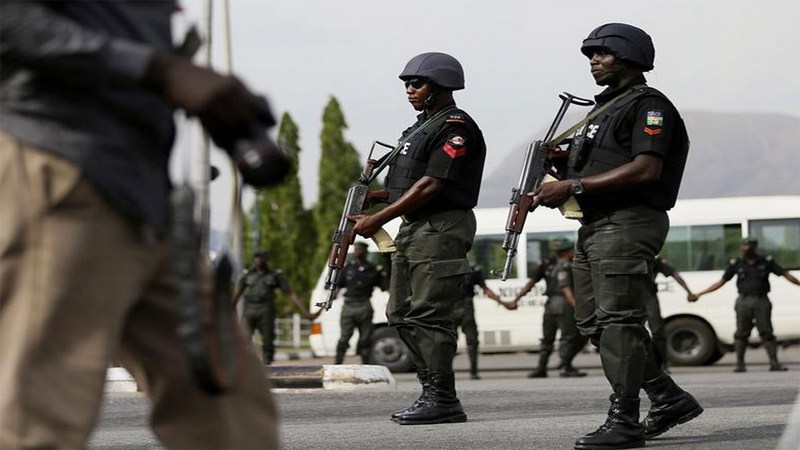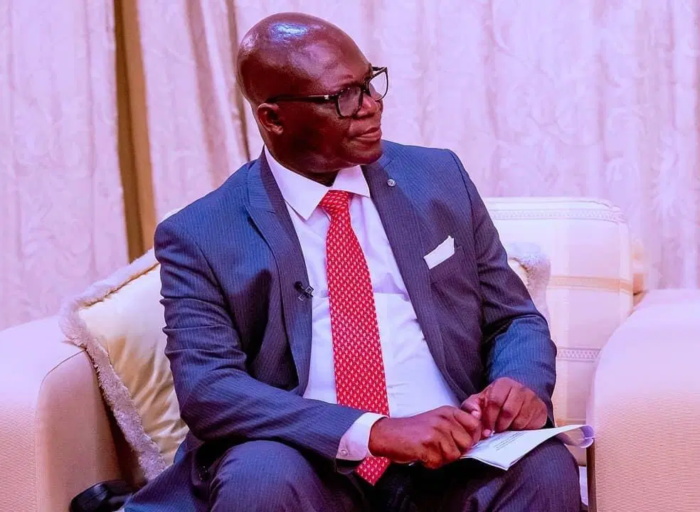Professor Etannibi Alemika, a renowned criminologist and expert in sociology of law, has stated that the corruption and dysfunction within the Nigeria Police Force (NPF) is a direct reflection of the quality of governance in the country.
During a two-day workshop on police reform held in Ibadan, Alemika emphasized that the problems within the police force should not be solely attributed to officers, as they are merely agents of the state.
He explained that the police force functions as a dependent variable, carrying out the will of the government, and cannot be blamed for the systemic issues plaguing the institution.
Alemika, who is a professor at the University of Ibadan, addressed participants including civil society groups, media representatives, and security agencies at the event, which was supported by the United Nations Development Programme (UNDP) and the German Agency for Development.
“What you see in the police is a reflection of the quality of government,” Alemika said. “The government is the principal, and the police are the agents. You cannot expect to have better policing without good governance. The police reflect the national ethos.”
In a similar vein, Peter Maduoma, the Acting Executive Director of the CLEEN Foundation, reiterated the importance of police reform, stressing that transforming the Nigeria Police Force into a law-abiding and people-friendly institution is a collective responsibility. He pointed out that the reform process must involve active engagement from all stakeholders, including citizens.
Maduoma stated, “The issue of police reform is something we must all remain committed to until we have a Nigeria Police Force that truly serves the people—an agency focused on securing lives and property for all, not just protecting the interests of the government or politically-exposed individuals.
This is especially critical given the current state of insecurity in the country.”
He added, “For us at the CLEEN Foundation, in partnership with the UNDP and other development organizations, we will continue to support the Nigeria Police Force through various interventions until we see the necessary transformation.
We believe a reformed police force is possible, but it requires the active involvement of the public in suggesting practical and actionable ways to transform the police into a service that is both law-abiding and truly committed to the people.”
The workshop concluded with a call for greater citizen participation in the ongoing dialogue about police reform, highlighting the need for transparency, accountability, and a shift towards community-focused policing.




